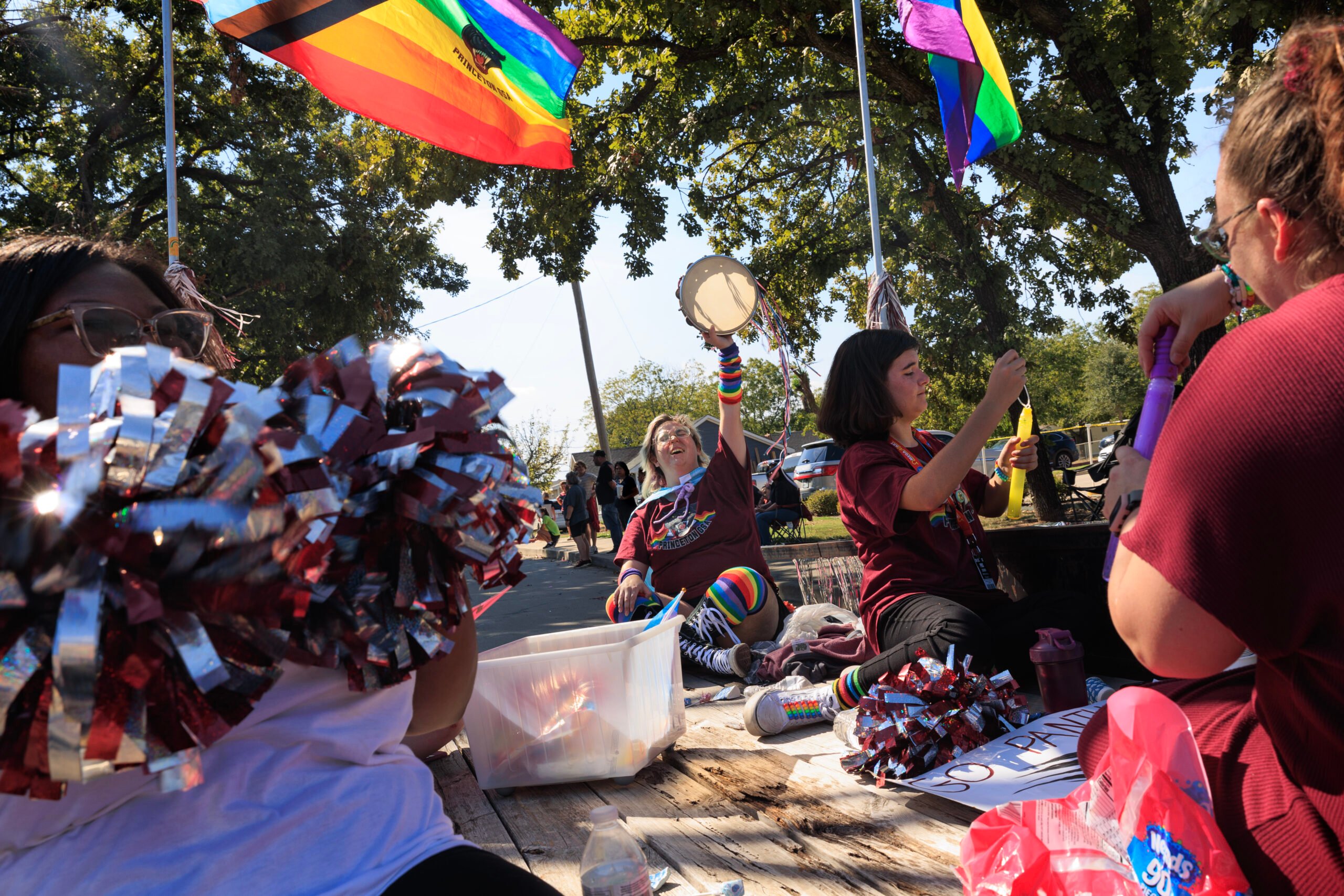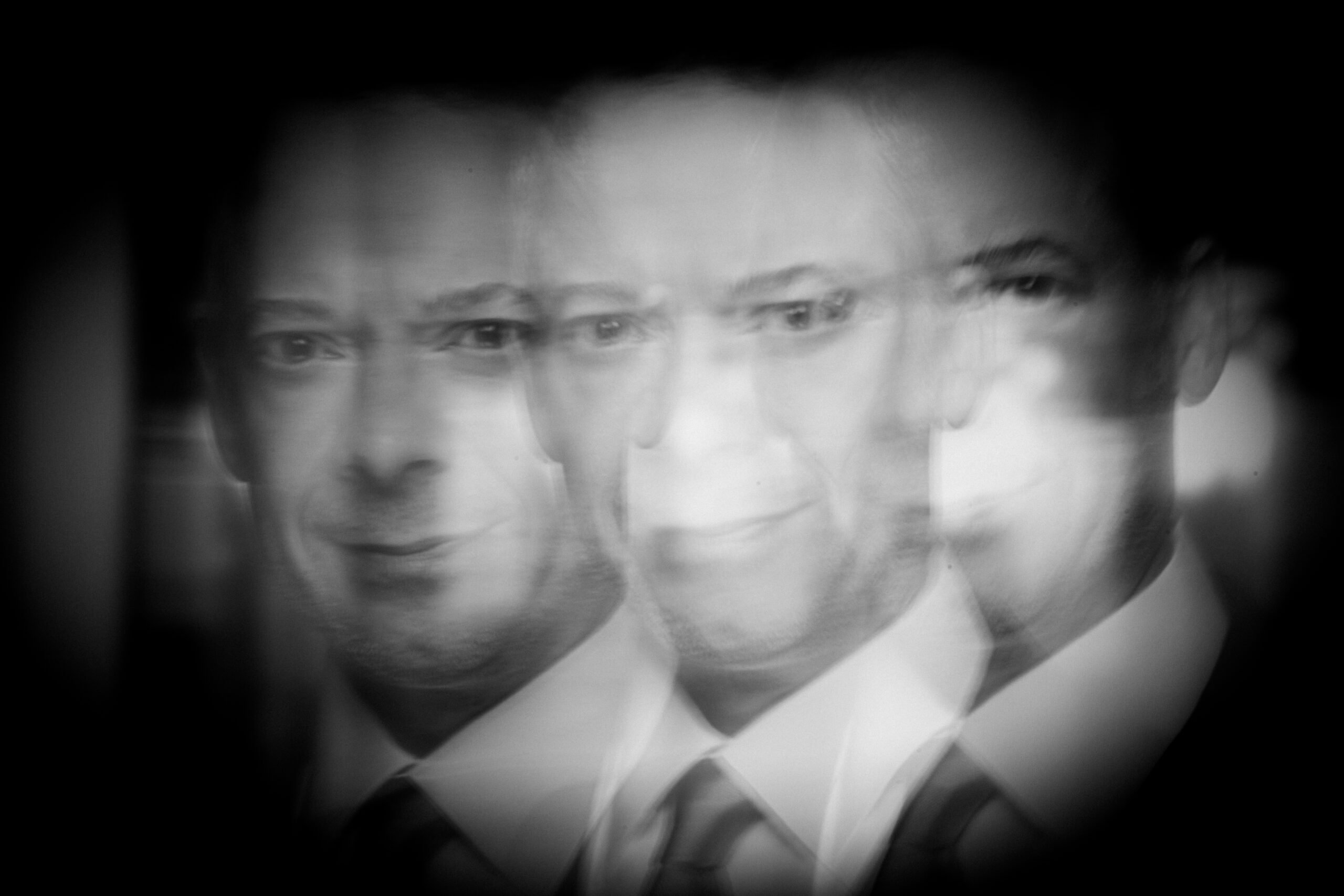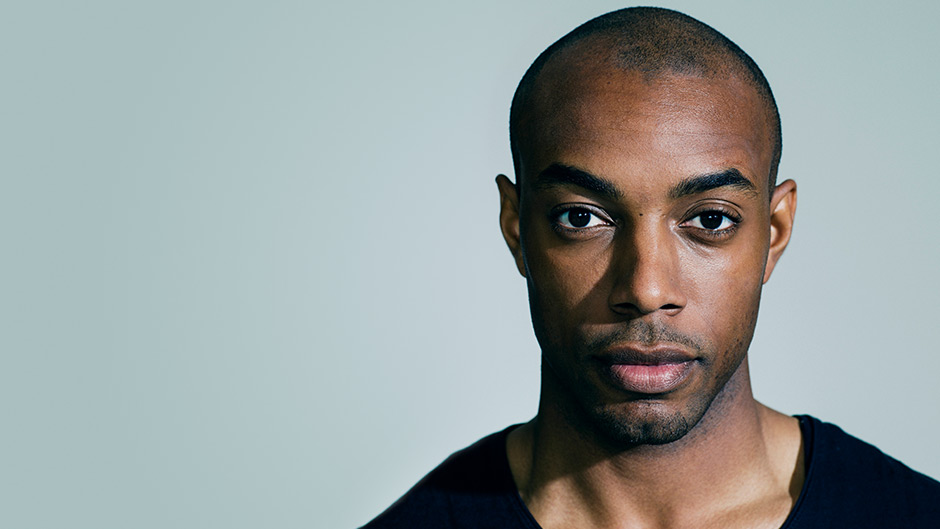
Casey Gerald’s Memoir Isn’t the Inspirational Tale You Think It Is
By his mid-20s, Casey Gerald — who grew up poor in Dallas — had an eye-popping résumé and an impressive career. So why did he walk away from the “circus of success”?
In 2015, George W. Bush rested his hand on Casey Gerald’s shoulder at a buffet in Dallas. The president wanted to ask Gerald, then an intern at Lehman Brothers, a presumptuous question: Was his father around when he was growing up?
“No, sir. Both of my parents were gone by the time I was 12,” Gerald replied. Then in his late 20s, he was well aware that his life story could be neatly packaged as an inspirational tale. Gerald grew up poor, black and gay in Dallas’ Oak Cliff neighborhood. His father was a preacher and former college football star who struggled with heroin addiction, and his mother, who had bipolar disorder, disappeared in his early teens. After that, Gerald’s older sister and grandmother raised him. He excelled in school and sports, playing football at Yale University before continuing to Harvard Business School.
Hearing this, the president told Gerald that he was the embodiment of the American Dream. “Instead of smiling and saying thank you,” he writes, “I should have wept.”
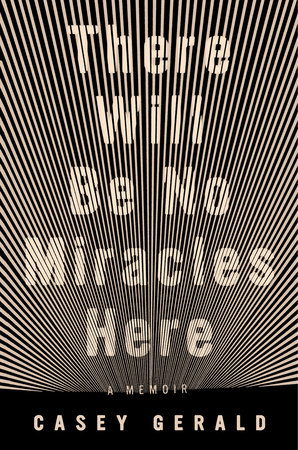
By Casey Gerald
Riverhead Books
$17.70; 400 pages
Gerald’s infuriating and deeply moving memoir, There Will Be No Miracles Here, is an indictment of the American Dream. Though his career continued to skyrocket after that day — he founded a nonprofit that sent MBA students to neglected communities, then gave a viral TED talk that brought him fame — he felt lost and lonely, tired of being reduced to a symbol. Focusing too much on stories like his, Gerald argues, does a disservice to the millions of others like him who don’t “make it,” and helps those in power ignore the systemic barriers belying the conservative fantasy that people can simply bootstrap themselves out of poverty.
The book is an investigation of Gerald’s life up to the present. It’s a rare memoirist who does not just recall, but inhabits the past, who understands that memory is a pliable thing, a means to, not the end of, a story. Gerald bolsters his memories with news reports, such as a Dallas Morning News story about his father’s downfall from football star to addict. He realizes in writing the book that his mother disappeared one year later than he remembered: “What if to remember nothing is to remember something: to remember that you, at some point, had to forget … a choice to remember the end on my own terms — or better yet, to remember my own private beginning.”
The sprawling, perfectly paced narrative moves nonlinearly from various vantage points; he speaks to himself as a child, becomes the child, becomes a collective. There’s a bit of Barbara Kingsolver in this, a bit of James Baldwin, though Gerald might disagree with that. Baldwin, whose incisive essays on race and class he first read in college, was a revelation to Gerald’s upper-middle-class black classmates, but felt like old news to him with the childhood he had.
It’s a rare memoirist who does not just recall, but inhabits the past.
The emotional center of the book is the suicide of his close friend Elijah, another low-income Yalie and member of the football team. He revisits Gerald in a dream, saying, “We did a lot of things that we wouldn’t advise anyone we loved to do.”
The “American education cabal” that launched Gerald from Oak Cliff, “the Left Behind” as he calls it, to the vaults of privilege, a world of secret societies and assimilation (“guess your voice does make you sound dumb. Fix it. Try to sound like them.”) and networking and proximity to power, from the margin to the center, is lethal, lethal in the sense that it kills the spirit. And by spirit, he means “the things you need to live, like love or to become like yourself,” the spirit of the Camus and Emerson he read compulsively after opting out of that life, what philosopher Sean D. Kelly calls aliveness.
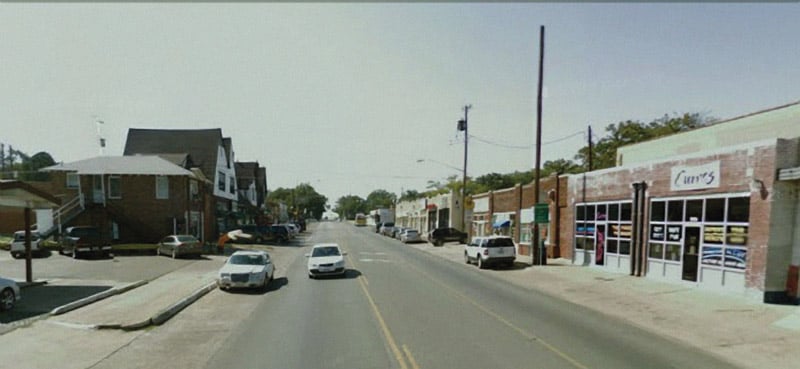
Part of this death is concealing his sexuality to his close friends at Yale, his teammates and his family. The 2000s were still a shadow of the AIDS epidemic that had wiped out a generation, and religious homophobia was rife: He describes one furtive love affair, which ends because of his shame, kicking off a long period of self-imposed celibacy. While considering a run for Congress, he realized that like his strange conversation with George W. Bush, that he had to explain that, too — to voters.
This sparks a breakdown and he realizes that his early pursuit of praise was not quite like his father’s addiction, but an addiction nonetheless. The logic of his career thus far could have been boiled down to: “I decided that I should be an investment banker simply because I did not have any money and none of my people had any money and I wanted to acquire some for them but mostly for myself.” Despite his best efforts, which included founding the Yale Black Men’s Union to counter a network-y inter-Ivy black alumni club, he becomes a member of the black bourgeoisie he encountered at Yale and instantly despised.
In his pursuit of praise, hope and revenge (even “against himself”), he never really contended with the implication of his freedom, and freedom more generally, and how much that freedom was conditioned by a deeply oppressive system. “If you know the right people,” Gerald writes, “they can help you do anything, be anybody, rules and hard work be damned.” This system, he says, cannot accommodate everyone, so therefore “cannot be confessed to any.”
This is his great truth, the message that runs through every line of this urgent, lyrical first book.
It’s timely, given recent debate over affirmative action at American colleges, a controversy that has played out at the University of Texas at Austin and in the Ivy League. Gerald reaffirms the need for affirmative action, but more than that, he calls for abolishing the entire circus of success, which crushes those it lifts into a mold and grinds the rest into poverty. As he writes, life shouldn’t be won; it should be lived.

